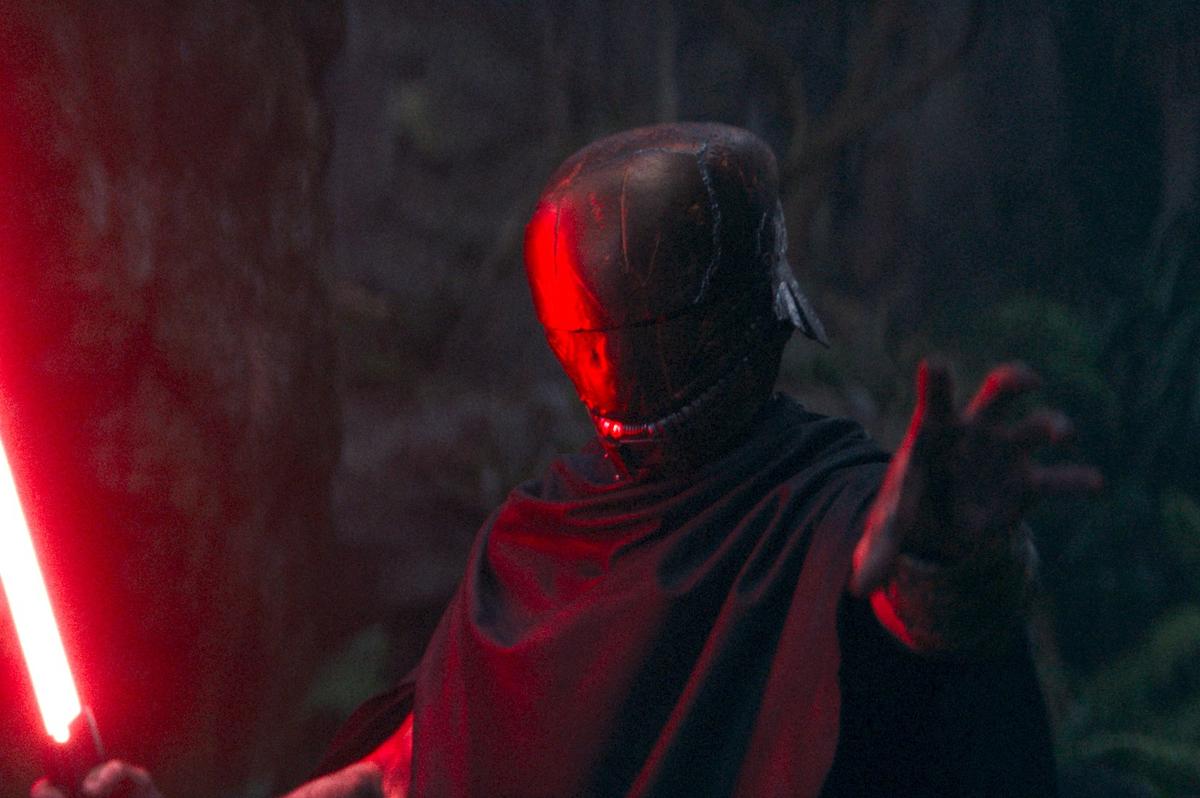
[ad_1]
The following post contains SPOILERS for Star Wars: The Acolyte Episode 5.
The latest episode of The Acolyte answered the biggest question on the show to date — namely the mysterious identity of Mae’s Sith Master. (It was Qimir! The guy who looked like the obvious red herring was … actually just the bad guy all along?! Huh.)
But the new Acolyte episode also raised some new questions along the way. Mainly viewers are puzzled by one recurring element of “Night”: The fact that the Jedi lightsabers keep sputtering out and malfunctioning during the battle with the Sith.
This is something that’s almost never happened in the 40+ year history of Star Wars before. Lightsabers are reliable weapons. Unless someone cuts their hilt in half, they seemingly work forever with very few issues. They don’t jam. They don’t run out of ammo. But in this battle, the Jedi keep struggling to get their weapons working. (And then they, uh, all die. Spoilers.)
READ MORE: Wait, C-3PO Had a Silver Leg All Along?!?
The Acolyte doesn’t explain this detail; or at least this episode didn’t explain it. To understand what’s going on here, you have to have read previous Star Wars novels or comics.
While the Sith Master doesn’t take the time to talk about it (which, fair, he’s in the middle of a fight with like half a dozen Jedi, he’s a bit distracted) his distinctive helmet and some of his costume’s armor is made of a special Star Wars metal called “cortosis.” The substance first appeared in the very first Star Wars novel of the current franchise canon, the Rebels prequel book A New Dawn by John Jackson Miller.
According to Wookiepedia…
Cortosis was a metal that had a very high energy absorption rate and transmission coefficients, which allowed even the energy of a blaster bolt to be dissipated upon contact. One of the strongest minerals in the galaxy, cortosis could even withstand the blow of a lightsaber and briefly short out its blade.
Essentially, cortosis is an even more powerful metal than beskar, the ultra-hard substance Mandalorians use to forge their armor, which makes them impervious to laser blasts. Cortosis is not only resistant to lightsabers, it actually causes them to backfire for a short while, which is exactly what we see happen to the Jedi on The Acolyte.
It would have been nice if there was some sort of more detailed explanation for those who haven’t read Star Wars books. (Likely one will come in a future episode?) It also might have been helpful if this big fight scene didn’t take place in a dense forest in the middle of the night, making it very difficult to see the intricacies of what was happening. Some of the action, especially when there were all the Jedi and the Sith fighting at once, was fairly hard to follow, making this even more confusing than it needed to be. But now we know.
New episodes of The Acolyte premiere on Tuesday nights on Disney+. Sign up for Disney+ here.

10 Modern Items That Snuck Onto Non-Modern TV Sets
Sometimes, a show features something that truly challenges our suspension of disbelief, and makes us wonder if perhaps one or more characters aren’t actually time travelers.
Gallery Credit: Emma Stefansky
[ad_2]